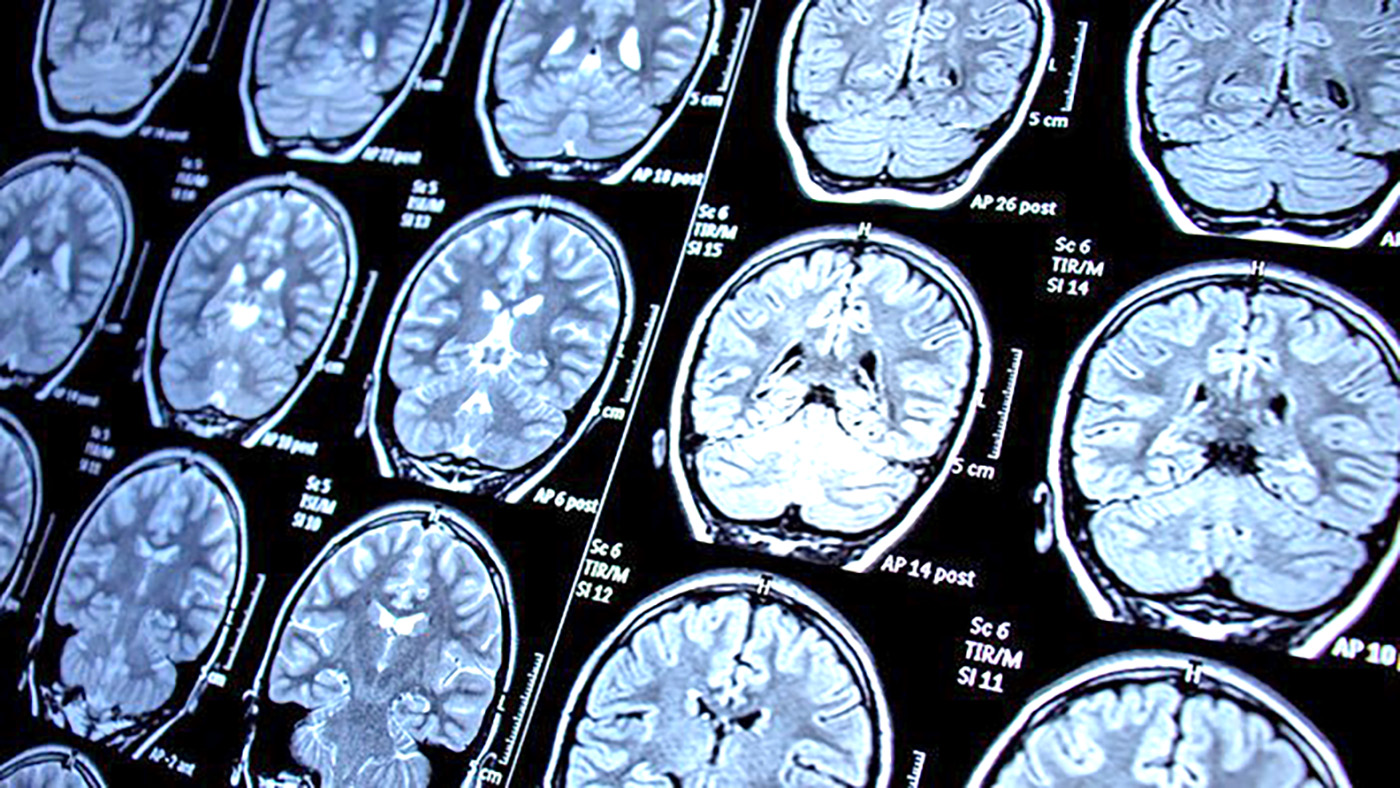Veterans with posttraumatic stress disorder (PTSD), spinal cord injuries and traumatic brain injuries (TBI) may face a heightened risk of Alzheimer’s disease and related dementias (ADRD).
Research shows that chronic stress from PTSD can accelerate brain aging while certain injuries to the spine can disrupt brain signals, both of which increase vulnerability to neurodegenerative conditions like ADRD. Veterans who have experienced these conditions may face cognitive decline earlier than expected, making timely diagnosis and support crucial for their overall well-being.
Warning signs of dementia include:
- Repeatedly asking the same questions.
- Becoming disoriented in familiar places.
- Difficulty following directions.
- Confusion about time, people and places.
- Challenges with self-care such as nutrition, bathing or maintaining personal safety.
Given that other conditions can mimic dementia symptoms, it is essential that Veterans—especially those with PTSD, TBI or spinal cord injuries—undergo a thorough medical evaluation if exhibiting any of the above symptoms.
After an Alzheimer’s disease and related dementias diagnosis
VA understands that receiving an ADRD diagnosis can be overwhelming. Many Veterans and their families feel a mixture of fear, sadness or anger. Understanding the diagnosis and planning for the future can empower Veterans and their loved ones. While ADRD can impact daily living, staying active both mentally and physically can help manage some symptoms.
If you are diagnosed with ADRD, VA offers several services that can support you in maintaining your quality of life:
- Home-based primary care.
- Skilled home health care.
- Homemaker and home-health aid.
- Home telehealth.
- Respite care for caregivers.
“Accurate diagnosis of ADRD often requires collaborative, team-based conversations among all the experts. This involves more extensive diagnostic evaluation and more complex management plans to fully address the Veteran’s cognitive, behavioral and physical symptoms. VA supports these types of multidisciplinary team-based collaborations to ensure Veterans the best possible care,” said Dr. Sophia Wang, geriatric psychiatrist and medical director for the Neurodegenerative Disorders Clinic at the Roudebush VA.
Support for caregivers
Colleen McCarty Gould cares for her Veteran husband Dale and relies on VA’s caregiver support services. When Dale was diagnosed with Parkinson’s disease, Colleen was unaware that Parkinson’s could lead to dementia. Participation in her local VA Caregiver Support Program opened her eyes to the complexities of the disease.
“The online program was invaluable. It was a game changer for me,” she said. It also showed Gould that she is not alone in this experience. “We see what others are going through and how we can handle the common threads like memory loss, anger and the difficulty around processing information,” she added.
Caregivers play an essential role in helping Veterans manage the complexities of ADRD. VA offers extensive resources for caregivers through the Caregiver Support Program, including access to Caregiver Support clinicians at every facility who can connect families to both VA and community services.
To locate the Caregiver Support Program at your facility, you can call the VA Caregiver Support Line (1-855-260-3274) or check out the Caregiver Support Program website.
Get more information on VA resources for Veterans with ADRD and their caregivers. We also encourage caregivers to explore VA’s dementia caregivers video series.
VA’s role in research
VA has advanced understanding of the relationship between PTSD, TBD, spinal cord injuries, genetics and ADRD by leveraging the power of clinical research. The Million Veteran Program (MVP), one of VA’s ongoing studies into ADRD, is one of the most diverse genetic databases in the world with over a quarter of its participants representing a racial or ethnic minority. The program’s diversity helps researchers identify unique differences in populations and tailor their findings to improve care for all Veterans.
“By using these large databases, VA researchers have done epidemiologic studies that suggest that a diagnosis of PTSD, moderate or severe TBI and Agent Orange exposure increase Veterans’ risk of ADRD,” Wang added.
You can learn more about MVP and make an appointment at a participating VA facility by calling 866-441-6075.
An ADRD diagnosis is difficult but Veterans and their caregivers do not have to face it alone. VA is here to support Veterans and their loved ones with world-class care and resources.
Topics in this story
Link Disclaimer
This page includes links to other websites outside our control and jurisdiction. VA is not responsible for the privacy practices or the content of non-VA Web sites. We encourage you to review the privacy policy or terms and conditions of those sites to fully understand what information is collected and how it is used.
More Stories
Pacific Islands VA has opened a new urgent care clinic inside the Daniel K. Akaka VA Clinic.
From one battle to the next, including four types of cancers, Eliot Winokur’s resilience remains unshaken.
As severe weather threatened Mississippi, local news warned of a dangerous outbreak of tornadoes. A VA nurse stepped up.






I have vascular dementia and my VA doctor doesn’t seem to care about possible treatments. I have had an episode where I could not remember where my house was or what it looked like. After talking to a neurologist, she said they have no idea what caused it. She will not refer me for further testing.
Speak to MVP directly, call your local DAV they have amazing advocacy, change your primary doctor, request a new pact team, don’t take NO for an answer. You deserve all the VA can offer and more. Call your local politicians, Senator, congressman, county executive, never stop fighting for your health.
I’m so sorry you are going through this. It sounds awful and scary. There are so many resources, doctors like to shut people down , you know what your talking about.
Fight like hell! May God be with you.
I have vascular dementia
I have vascular dementia